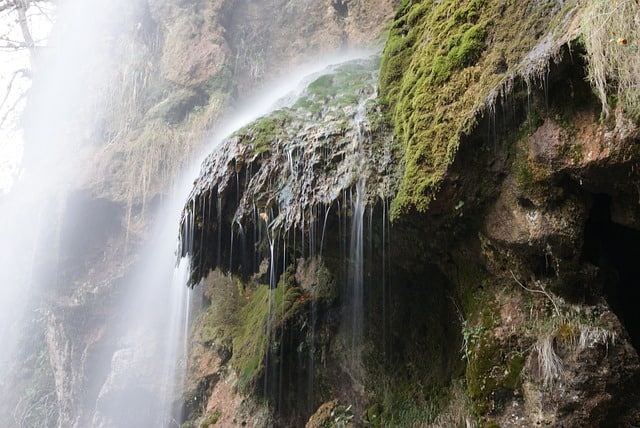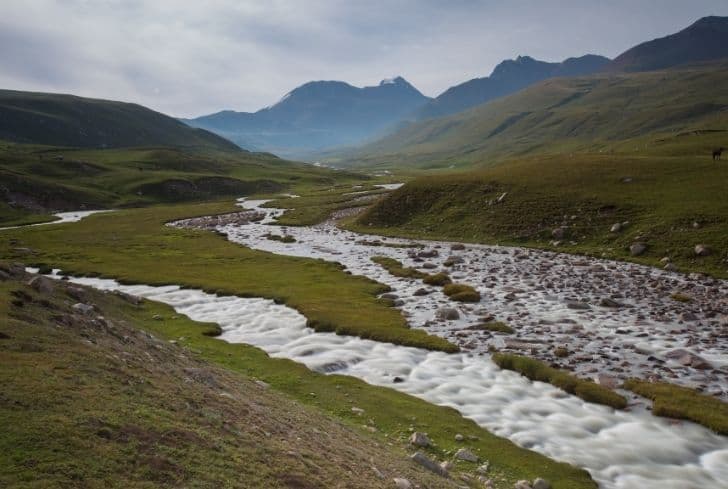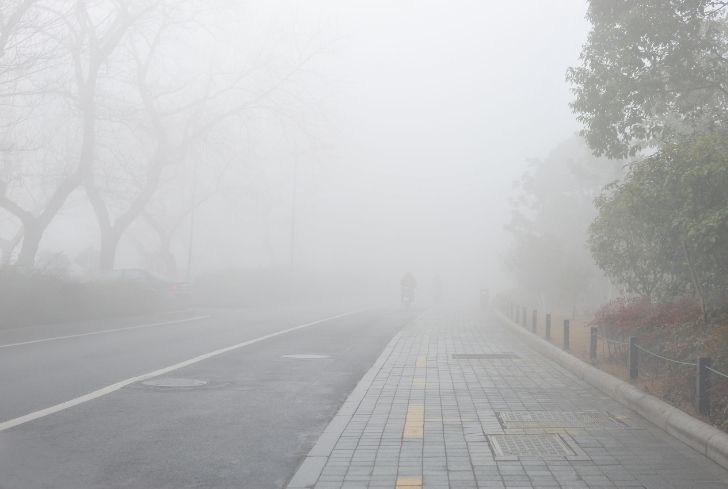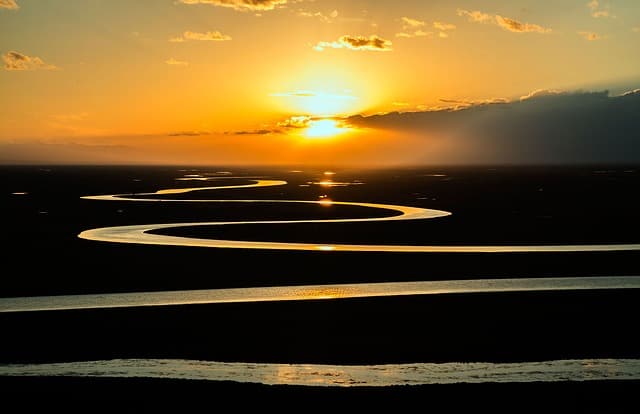Do Mountains Last Forever?
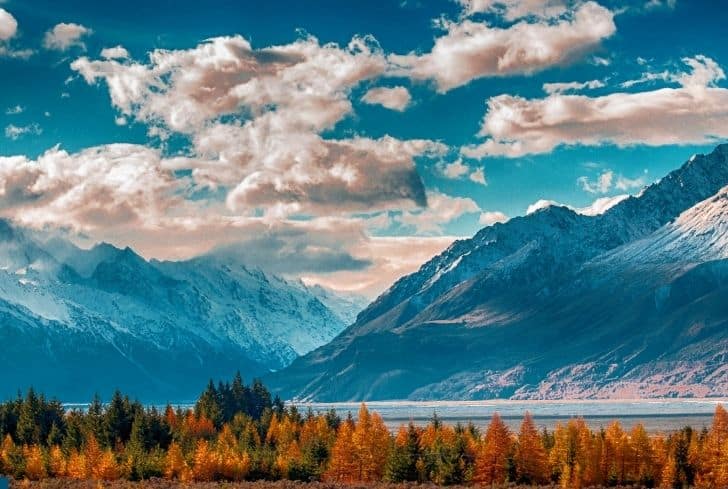
Most people wonder if a mountain stays forever. The answer is no. The mountains start off as solid rocks and only as small rocks. Mountains are always shifting. Erosion leads to the wear and tear of the mountains. In the case of active mountain ranges, the mountains are always rising along with wear and tear.
After the mountains reach a certain height, they stop growing. Gravity plays a major role in the formation and destruction of mountains. Our mountains would have grown longer if our planet had less gravity.
A beautiful elevated portion of the Earth with steep sides can be called a mountain. They are usually a result of another natural activity like a volcanic eruption, soil erosion, or tectonic plate movements. The high elevations in the mountains witness cold weather.
As you go up, the mountain gets steeper, and the rocks get sharper. Also, the cold weather contributes to snowing, and many mountains are covered with snow because of it. This cold climate also affects the ecosystem. The built-in mountains around its species are way different than the other ecosystems.
Will A Mountain Last Forever?
As read above, mountains do not exist for eternity. The big rocks of a mountain break into small pieces, and those pieces roll down the mountains themselves. How do the large rocks break into pieces? Plants, seeds, water, and ice have the ability to turn the rock into small pieces.
After this, the small pieces tumble down the mountain, cutting off the sharp edges. The rocks at the bottom part of a mountain are smoother to feel because they tend to get all their sharp edges cut off in the rolling down process.
Are you wondering why mountains do not continue to grow forever? After reaching a certain height, gravity takes over and stops the mountain from rising more. The second reason why mountains do not grow forever is the rivers that exist. The rivers cause the soil to erode, which in turn makes the mountain rocks break into small pieces.
The erosion also triggers landslides and mudslides, which can greatly hinder the growth of mountains. However, the rivers do play a role in making the mountains look taller. They carve into the edges of the mountain that creates deep crevices.
How Long Do Mountains Last?
A mountain may last for hundreds and millions of years. Mountains go through every other natural calamity like every land body. They start by rising and growing tall and end up with wear and tear. Humans have always seen and used mountains as something that lasts for eternity. However, it is not the case.
If you look individually, mountains do not last for long. Especially the ones that are located in highly eroded areas. The rivers have also contributed massively to the wear and tear of mountains. They prevent the mountains from going forever and also cause erosion that leads to the breaking of mountains.
Like the Moon and Mars, the mountains are billions of years old in places with no water. In the case of Earth, the rocks start to deplete and dissolve as soon as they are exposed to the air.
Throughout the 4 billion years of Earth’s mountain history, we have witnessed many ranges of mountains. The permanent part of the mountain range is not the shape gained on the surface but the huge deformed, folded shapes that the mountains have got. Most of the mountains had different time spans as well.
Why Don’t Mountains Last Forever?
Mountains do not last forever because of the several environmental changes it has to witness, being a major part of the ecosystem. Erosion leads to the wear and tear of mountains.
Our mountains do not reach layers of the atmosphere due to the gravitational force witnessed by the Earth. If the Earth had less gravity, we would have taller mountains.
Another factor that makes the mountain not forever lasting is the rivers. The river water tends to flow down the mountains. The river water causes erosion, leading to the breaking and falling off rocks into small pieces. River water and floods are one of the main reasons we witness landslides and mudslides also. The same is the case with underwater mountain gravity.
Can a Mountain Be a Volcano?
What is a mountain made up of? A mountain contains rocks that are of different volcanic natures. Volcanoes are a type of mountain, but it is very different from the other types of mountains. Volcanic mountains are not formed like the other types of mountains. They are formed after the remains of a volcanic eruption cool down to form rocks.
These rocks slowly accumulate to form a mountain or make it grow. Volcanic mountains are one of the most dangerous forms of mountains and can have an eruption at any time. However, the fact remains that all mountains can not be volcanoes.
Even though all mountains can not become volcanoes, all volcanoes can become mountains. A mountain range consists of many mountains. All these mountains are prone to tectonic plate movements. This does not go to prove that these mountains are volcanic in nature and can erode at any time.
The volcanoes have given our Earth many mountains that later turned into mountain ranges. The volcanic mountains can be active or inactive in nature. However, it takes quite some time for the magma of a volcanic eruption to cool down and form a mountain.
Can Mountains Cause Earthquakes?
Yes, most earthquakes originate from mountains only. The plate movements under the mountain cause earthquakes. A volcanic eruption causes an immediate earthquake. However, the mountains turn the earthquake into one of a lesser magnitude.
They spread the entire quake into a diverse area, and each area witnessed very less damage then. Earthquakes also help in the formation of mountains. They push up the plates from underneath the Earth so much that the process of a mountain formation begins.
Earthquakes also cause major land erosion that has proven to be bad for the mountain rocks. This also leads to the small rocks of the mountain breaking and falling. Whenever all this happens, the mountains experience widening in a horizontal manner that decreases the height of the respective mountain.
Wondering if earthquakes have the power to destroy the mountains? Yes, they absolutely do. The earthquakes cause the tectonic plate movements to get even more abrupt and shake the ground even more.
This can lead to the base of the mountain getting weak, causing the rocks to break and fall from the top. It also causes the thinning of the crust and makes it hard for the mountain to get destroyed after that.
Can Mountains Cause Landslides?
Landslides are caused by heavy plate tectonic movements, heavy rainfall, floods, soil erosion, etc. Mountains witness most of these. Sometimes they have tectonic movements, sometimes soil erosion, and the other days the rivers bring in a lot of water or flood.
This is enough for you to understand that mountains cause landslides as well. It has been seen in the past that even heavy rainfall in the mountain and hilly areas can lead to landslides.
Landslides are the movement of masses of rocks, and the biggest rocks are found in the mountains only.
If you are going for a vacation to a hilly area, you have to keep yourself prepared for any sudden landslides that might happen. These areas are prone to heavy rainfall, soil erosion, and other causes of landslides. Even heavy snowfall can be one cause of landslides.
Can Mountains Collapse?
No, they can not collapse under their own weight. They have rocks that are really solid. The breaking of mountain rocks happens due to other reasons. Even a volcanic eruption can not cause the mountain to collapse. Can you imagine the amount of destruction that will happen if a mountain collapses? It will cause devastation up to a very long area. The after-effects will be hard to deal with.
Even in the case of earthquakes, the mountain plates move and cause a landslide. A collapse would just destroy whatever is around the mountain. Even if the mountain is many years old, it is not possible for it to collapse in just one day.
The process of mountain destruction is a natural and slow process. The rocks start to fall from the top. It does not start breaking from the bottom of the mountain. The base of the mountain stands strong.
Bottom Line
Mountains have served many different purposes for us. People always tend to see the destruction that mountains cause and neglect the good things they have to offer. They are the greatest source of freshwater for our planet. They also help in the reduction of disasters caused by earthquakes by spreading them over a large area.
Mountains also serve the agricultural industry with the best place for growing crops like Tea. You will also find rare plants here that grow only in this weather. Our mountains are also a great tourist spot. People love to visit the mountains because of its beauty and weather. Lastly, mountains contribute to the ecosystem by being home to many animals.


